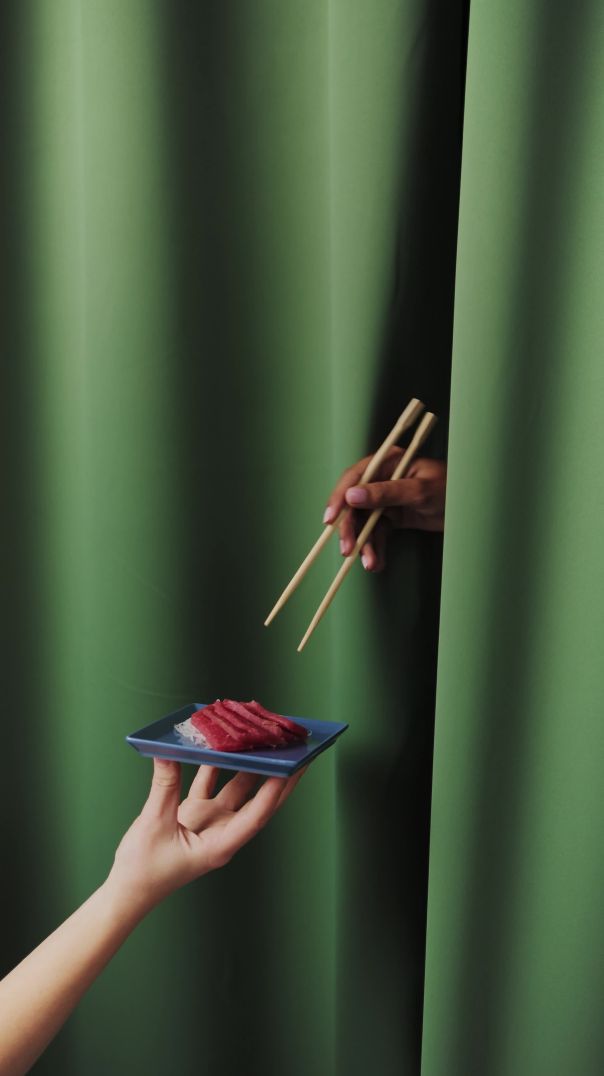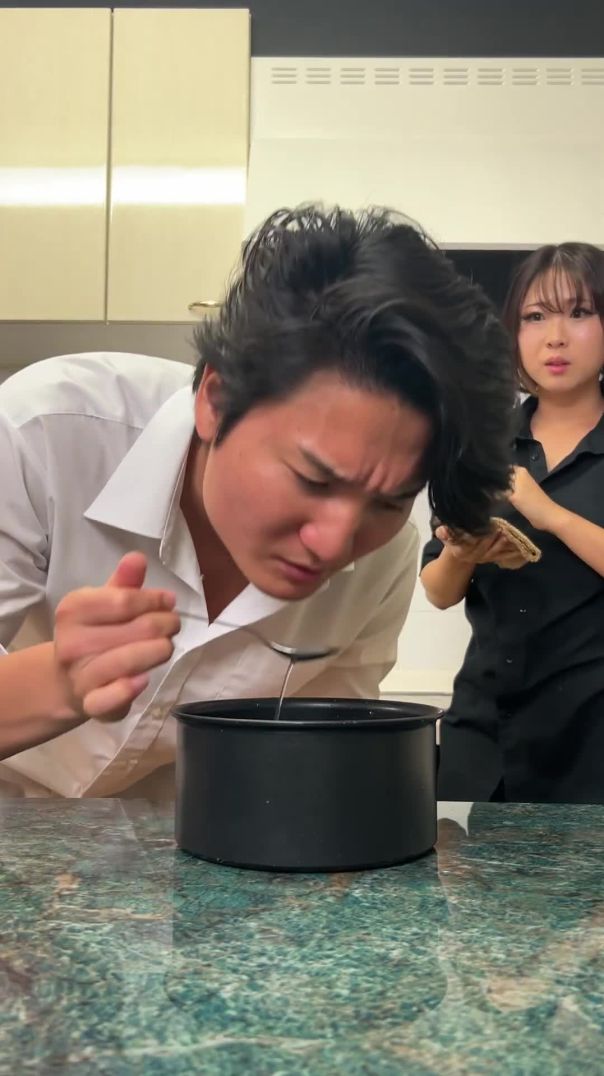6 Views· 11 November 2022
English Expressions: three-word phrasal verbs
http://www.engvid.com/ Do you know any three-word phrasal verbs? These can be tricky, because sometimes an extra word added to a two-word phrasal verb gives the whole expression a new meaning! These expressions are great to use in an English work environment. Whether you're at work or in school you can use these phrasal verbs to help you get the job done, and to sound smarter while you do it! Take the quiz to make sure you understand these expressions, and subscribe to my channel for many more free English lessons with me and Mr. E! http://www.engvid.com/english-expressions-three-word-phrasal-verbs/
TRANSCRIPT
Mr. E was just catching up with Mr. Smith when James walked by. Mr. Smith asked Mr. E, "How could you put up with that awful smell of James'?" Mr. E asked Mr. Smith if he could team up with Mr. Jones and come up with a solution for the smell. You're probably going, "What's with this 'with'", right? With, with, with, with, with. Well, I want to talk about phrasal verbs today. I'm sure you've heard of phrasal verbs before. Or you might have heard of them by this other name, "compound verb". A phrasal verb is a two to three-word verb, okay? Some are separable, which means you can take some things off, and the meaning is the same. We'll talk about that when we speak about "team up with". And other ones are not separable or nonseparable, which means you cannot change it or the meaning changes. All right? So let's go to the board and see what Mr. E and Mr. Smith and Mr. Jones -- if you ever watched The Matrix, there is something in there for you. All right? What were they talking about?
Well, I want to talk about phrasal verbs you can use. And these ones, specifically in the work place, and you'll see what I mean. Right? A phrasal verb is funny because by itself, if you just look at it, it doesn't make sense: "come up with", "put up with", "team up with", "catch up with". You mean, "What does it mean?" Because "catch" means this, right? Put means "place". And we look here. When I put the verbs, "come", it basically means when you come somewhere -- arrive or bring. It's a verb. These are all verbs, right? "Put" means "place". You say this, "you put", "place". "Place it somewhere." "Catch" -- sort of like "receive". Okay? And "team" -- oops. Excuse me for a second. And "team" -- "team" is a noun. It's also a verb. But "team" could be teaming -- like, team -- "join". I want to put "bring here, like, "come". Bring, like "bring yourself". You know, they're verbs. They're hard to explain in any simple way. But basically, what this is what they mean.
But as soon as you add particles or prepositions, don't be confused. I use both because, well, all particles are prepositions. But sometimes, prepositions are not particles. Welcome to English. I just teach it. I didn't make the lesson up, okay? So when we add particles -- and a particle is just this. A particle is a preposition that's added to a form, as in a phrasal form verb, and it cannot be changed. So parts -- think of particle as "part" of something. Right? That's it. Prepositions are basically the same. They're "up", "with", "and", "on", "along" -- those are prepositions. But when they are joined with phrasal verbs, we call them "particles" because they have a specific meaning when they're with that verb. Okay? So just remember a particle cannot be separated from the phrase its attached to, and you're good to go.
All right. So what are we going to do with these particular particles, "up" and "with"? Well, let's start off with the story. What did I say -- what was the first thing I said to you? The first thing I said to you was the following: "Mr. E was catching up with somebody." What does it mean to "catch up with"? Well, when we "catch up" with someone, we can, in this case -- catch up -- exchange information. "So what did you do this summer?" "I went to Barcelona." "Really?" "Yeah. It was fun." Just catching up with old times or catching up with old stories.



























0 Comments